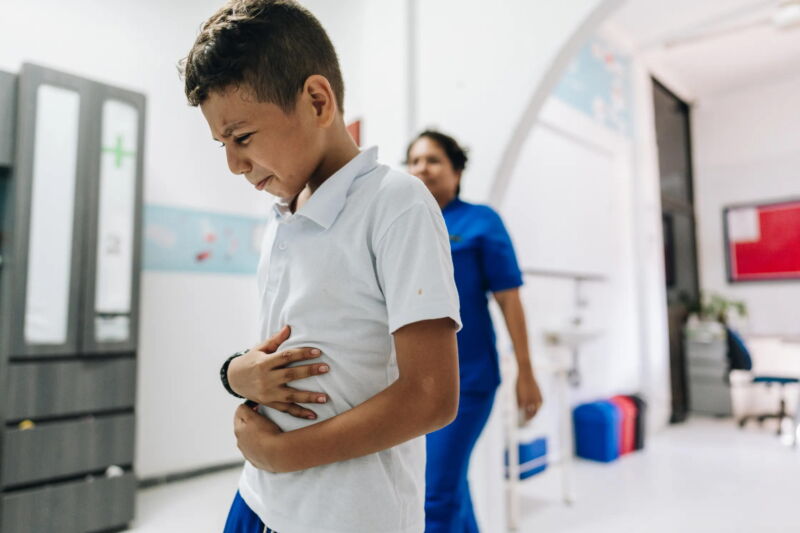

Frazao Studio Latino/ Getty Images
Four years after the outbreak of the COVID-19 pandemic, doctors and researchers are still seeking ways to help patients with long COVID, the persistent and often debilitating symptoms that can continue long after a COVID-19 infection.
In adults, the most common long COVID symptoms include fatigue and brain fog, but for children the condition can look different. A study published last month suggests preteens are more likely to experience symptoms such as headaches, stomach pain, trouble sleeping, and attention difficulties. Even among children, effects seem to vary by age. “There seems to be some differences between age groups, with less signs of organ damage in younger children and more adultlike disease in adolescents,” says Petter Brodin, professor of pediatric immunology at Imperial College London.
While vast sums have been devoted to long COVID research—the US National Institutes of Health have spent more than a billion dollars on research projects and clinical trials—research into children with the condition has been predominantly limited to online surveys, calls with parents, and studies of electronic health records. This is in spite of a recent study suggesting that between 10 and 20 percent of children may have developed long COVID following an acute infection, and another report finding that while many have recovered, some still remain ill three years later.
Now, what’s believed to be the first clinical trial specifically aimed at children and young adults with long COVID is underway, recruiting subjects aged 7 to 21 on which to test a potential treatment. It builds on research that suggests long COVID in children may be linked to the gut.
In May 2021, Lael Yonker, a pediatric pulmonologist at Massachusetts General Hospital in Boston, published a study of multisystem inflammatory syndrome in children (MIS-C), which she says is now regarded as a more severe and acute version of long COVID. It showed that these children had elevated levels of a protein called zonulin, a sign of a so-called leaky gut. Higher levels of zonulin are associated with greater permeability in the intestine, which could enable SARS-CoV-2 viral particles to leak out of the intestines and into the bloodstream instead of being excreted out of the body. From there, they could trigger inflammation.
As Yonker began to see more and more children with long COVID, she theorized that many of the gastrointestinal and neurological symptoms they were experiencing might be linked. But her original study also pointed to a possible solution. When she gave the children with MIS-C a drug called larazotide, an existing treatment for people with issues relating to a leaky gut, the levels of viral particles in their blood decreased and their symptoms improved.